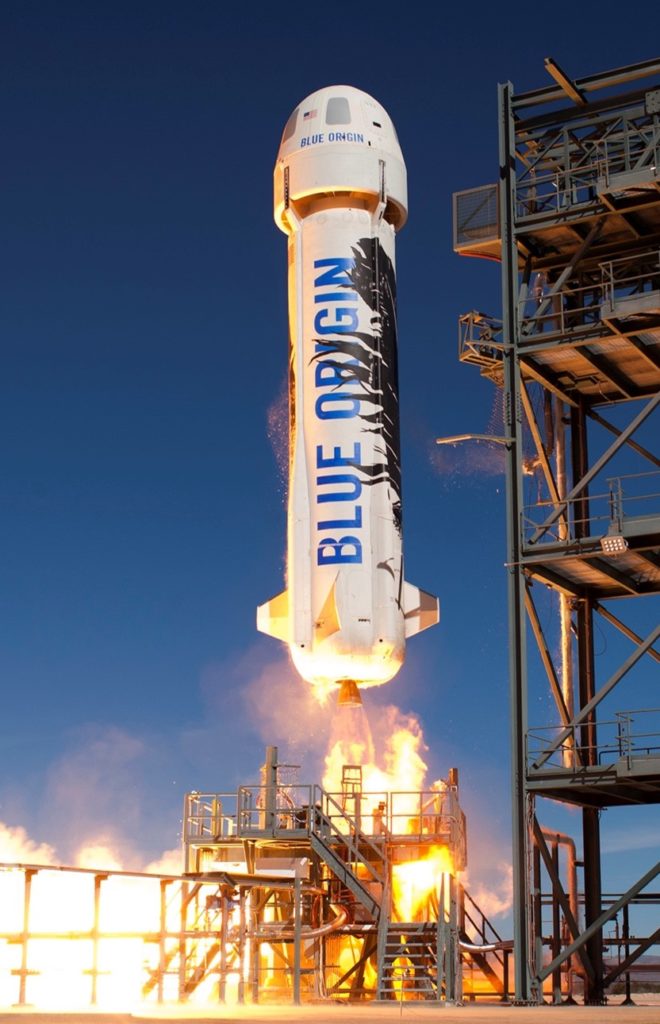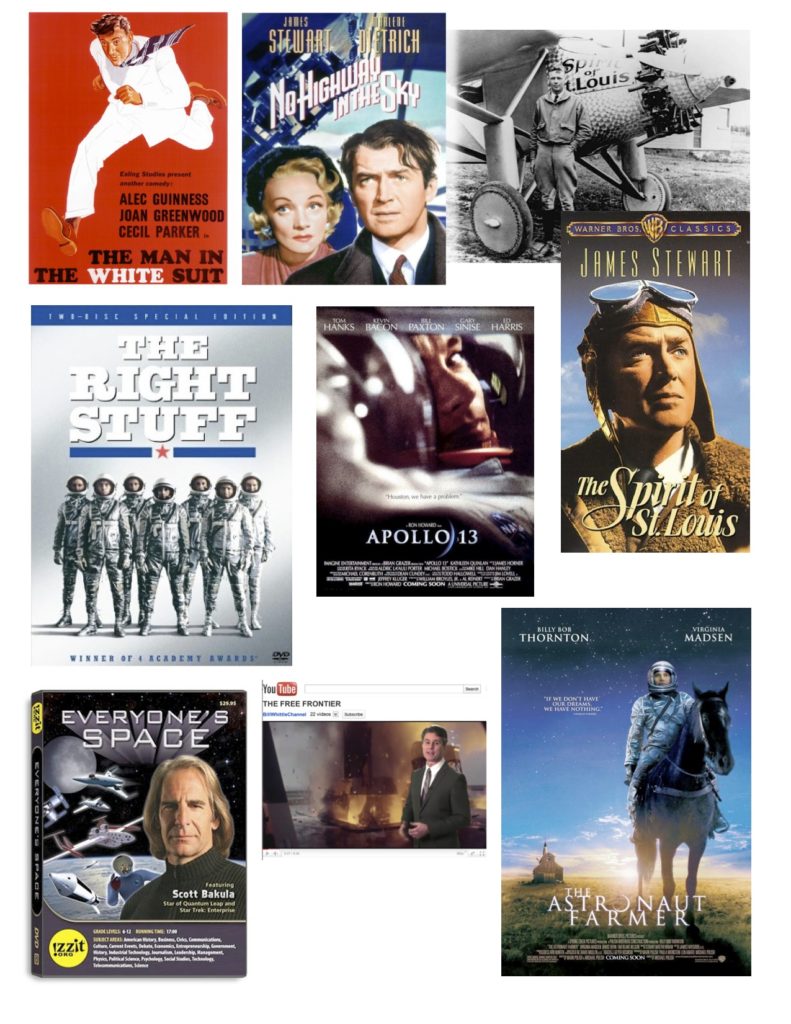Federal Space Transportation: Time for Reform
For Stoa debaters who have wished for a space exploration topic, one proposed resolution offers the next best thing, a space transportation topic area:
Resolved: The United States federal government should substantially reform its transportation policy.
During the Eisenhower Administration, officials debated the next steps for U.S. space transportation. NASA has always been a research organization focused on developing new aeronautic and space technologies. But scientists, researchers, and engineers aren’t at their best commercializing existing technologies, nor running a day-to-day business operations. So advisors recommended space transportation–the delivery of payloads from Earth to orbit–be turned over to private companies.
NASA administrators objected, and politicians representing districts where NASA employed thousands, lobbied for a continued monopoly of space transportation. Then Lynden Johnson, a former debate coach from Houston, became President.
NASA enjoyed many early space technology successes including landing men on the moon. But space transportation costs stayed high, and rose even higher when the space shuttle replaced the Saturn V rockets for launching payloads out of Earth’s deep gravity well.
Affirmative debaters can call for the federal government to end funding of government rockets like the Space Launch System (SLS). Parts of NASA have become a kind of jobs programs for engineers, with congressmen and NASA military contractors lobbying for more and bigger government-funded rockets.
“The downhill slide of NASA’s “rocket to nowhere,” (The Space Review, August 25, 2014) begins:
As predicted years ago, it appears the beginning of the end has begun for the gigantic rocket and Congressional boondoggle called the Space Launch System (SLS). This launcher is also known by its detractors as the “Rocket to Nowhere” because there are no payloads in development that are large enough to justify a rocket of its size.
Also critical is: “Why NASA Is Building An $18 Billion Rocket To Nowhere,” (BuzzFeed News, August 30, 2016)
The futuristic space rocket, called the Space Launch System (SLS), won’t send any astronauts into space until at least 2023, and it doesn’t even have a destination. But that doesn’t seem to matter to lawmakers. Since the moon landings ended, NASA is and has always been a jobs program, more about dollars spent on the ground than discoveries made among the stars, with the SLS bonanza just the latest example.
“It is more the politics of pork than the politics of progress,” former NASA deputy administrator Lori Garver told BuzzFeed News. “There’s a long-time pattern at NASA where money aimed at science and research ends up with builders and contractors instead.”
Debaters will also find articles defending and advocating NASA’s Space Launch System (SLS), though many or most by people employed by companies and government agencies eager to design and build the SLS.
In addition, debaters now have an amazing array of private space launch companies (most receiving NASA funding) who have restarted the space race with much less expensive reusable rockets. SpaceX returned and landed another booster this week, “You’ve never seen a SpaceX rocket fall to Earth quite like this before,” (The Verge, May 1, 2017) (article and video).
This post from March and the China topic, “China and U.S. Companies Head to the Moon,” (Economic Thinking, March 4, 2017) links to recent SpaceX and Blue Origin stories, with link to excellent government vs. private space transportation overview by Jeff Greason:
So, the debate over private vs. government space exploration tilts now toward private firms. This TEDx presentation by Jeff Greason, “Making Space Pay and Having Fun Doing It,” then of XCOR, outlines how commercial space development brings costs down.
Other companies are launching payloads into space for even less money, some via balloons!
• “Bloostar—launching satellites via balloon,” (Phys.org, September 12, 2016), and
• “High-Altitude Balloon Company Wants to Open a New Market at the Edge of Space,” (Space.com, February 24, 2017)
Below are some movies on technology, most on aeronautics and space transportation. The Right Stuff is the classic upbeat fictionalized history of the accomplishment and politics of the U.S. space program. Astronaut Farmer is an engaging story of a retired astronaut tired of waiting for America’s return to space.


1 Response
[…] • Federal Space Transportation: Time for Reform (2017) […]